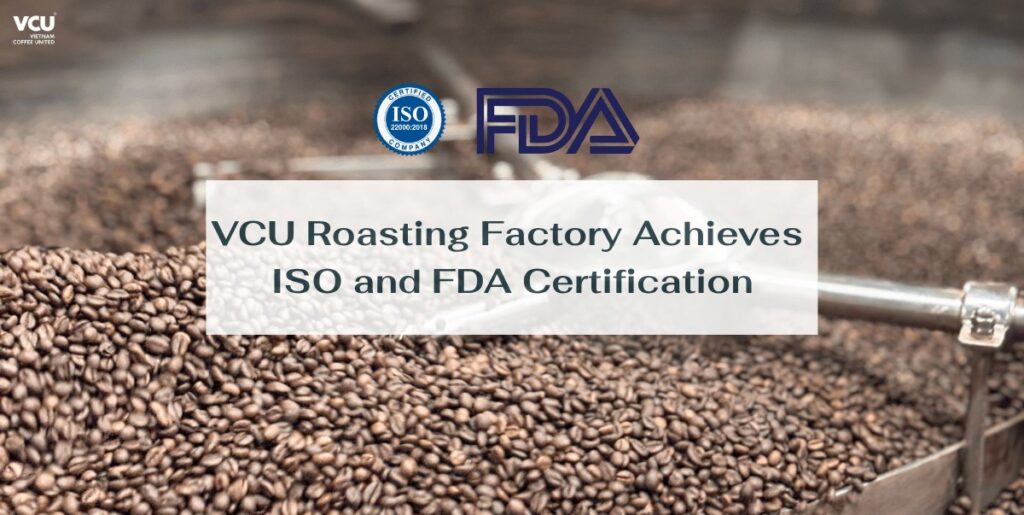What is Decaf Coffee?
Definition
Decaf coffee is the abbreviation of “Decaffeinated Coffee,” which means coffee that has had its caffeine removed. Essentially, it means the coffee has had at least 97% of its caffeine content eliminated, also referred to as caffeine-free coffee. Typically, a 180ml cup of decaf coffee contains between 0–8mg of caffeine, which is much lower compared to regular coffee (70–140mg). The decaffeination process usually removes about 97%, though some methods can remove up to 99%.

History of Decaf Coffee
Decaf coffee emerged in the 20th century. In 1903, German scientist Ludwig Roselius accidentally discovered a way to remove caffeine from coffee beans. The story goes that he had a batch of coffee that got soaked in seawater during transportation. Instead of discarding it, he decided to experiment and find a way to remove the caffeine from the beans. After several studies, Roselius used benzene, a solvent, to decaffeinate the beans while preserving the original flavor. In 1906, Mr. Roselius founded Kaffee HAG, starting the commercialization of decaf coffee, becoming a pioneer in the industry. Although benzene is no longer used today for decaffeination, his invention paved the way for modern, safe decaffeination methods.
Is Decaf Coffee Green Beans or Roasted Beans?
Decaf coffee can either be green coffee beans or roasted beans, depending on the production stage and the form you are looking for.
- Decaf Green Coffee Beans: These beans have undergone the decaffeination process but have not been roasted. They are sold to roasters.
- Decaf Roasted Coffee Beans: These beans have been decaffeinated and roasted, ready for brewing, suitable for business use in cafés.
Decaffeination Methods
Using Chemical Solvents
In this process, coffee beans are soaked in near-boiling water for several hours. Along with caffeine extraction, unwanted flavor compounds and oils are also removed from the beans. The process continues by transferring the water to another tank, where the beans are washed for 10 hours using methylene chloride or ethyl acetate. These solvents selectively bind to caffeine molecules. Heating is used to evaporate the solvent and caffeine. The beans, now in liquid form, reabsorb coffee oils and essential flavors. Ethyl acetate is naturally found in fruits, so many consider this method more natural than artificial. After caffeine is removed, the beans are thoroughly rinsed and dried before roasting.
Swiss Water Process
The Swiss Water Decaf method is preferred for its natural, chemical-free process that is safe for health. The decaffeination process goes as follows:
-
- Soak raw green coffee beans in hot water to separate them from the caffeine.
- Filter the water through natural charcoal to extract the caffeine molecules. After filtration, a caffeine-free green coffee extract remains.
- Soak the beans in this extract to draw out caffeine from the new coffee beans while imparting the original coffee flavor.
- Dry the soaked beans, and they are now ready for roasting and brewing.
Using CO2
This is the latest method, developed by Kurt Zosel (Max Planck Institute). It uses liquid CO2 instead of chemical solvents to decaffeinate the coffee, targeting caffeine while leaving the alkaloid compounds intact. In this process, water-soaked beans are placed in a stainless-steel tank, sealed, and liquid CO2 is pressed into the coffee at pressures between 73–300 bars to extract caffeine. CO2 acts as a solvent to dissolve and absorb the caffeine, while larger flavor molecules remain. Due to its cost-effectiveness, the CO2 decaffeination process is popular among distributors.
Who Should Use Decaf Coffee?
The nutritional value of decaf coffee is almost identical to regular coffee, with the only difference being the loss of caffeine content. However, decaf coffee tends to taste milder and may change color depending on the brewing method. This type of coffee is suitable for the following groups:
- Pregnant or breastfeeding women.
- People with conditions like anxiety disorders or heart issues.
- Individuals taking certain medications who react poorly to caffeine.
- Adolescents in their developmental stage, both mentally and physically.

These groups should opt for decaf drinks as they provide positive health effects without the impact of caffeine.
For further information about decaf coffee or inquiries, feel free to contact VCU for consultation and pricing!
Contact Information
VCU Joint Stock Company (VCU JSC)
Address:
– Roasting Facility: Residential Group 6, Chu Prong Town, Chu Prong District, Gia Lai Province
– Green Bean Facility: Ia Der Commune, Ia Grai District, Gia Lai Province
– Hotline: +84 941 203 879
– Fanpage: VCU – Vietnam Coffee United
– Email: info@vietnamcoffeeunited.com







